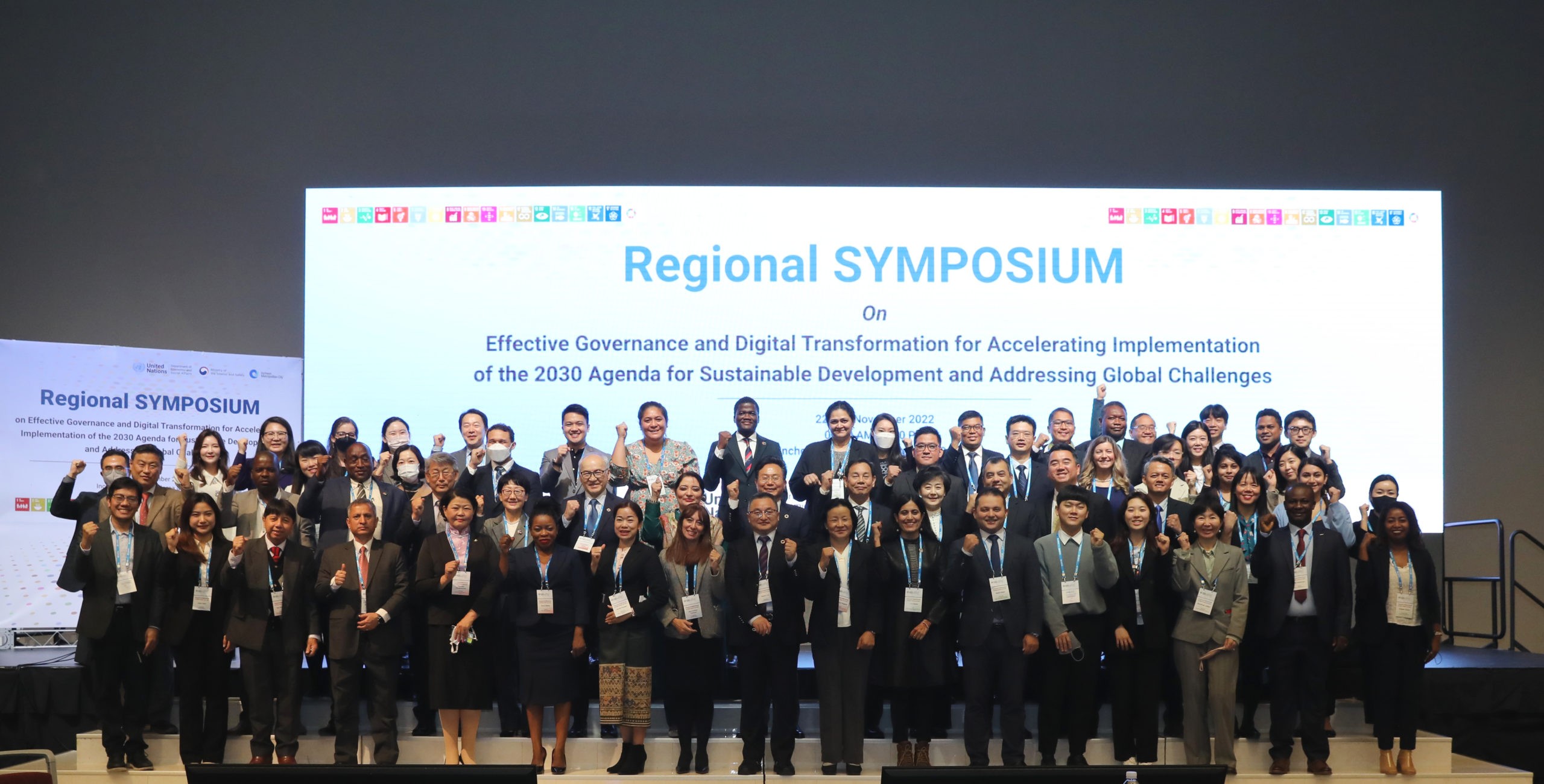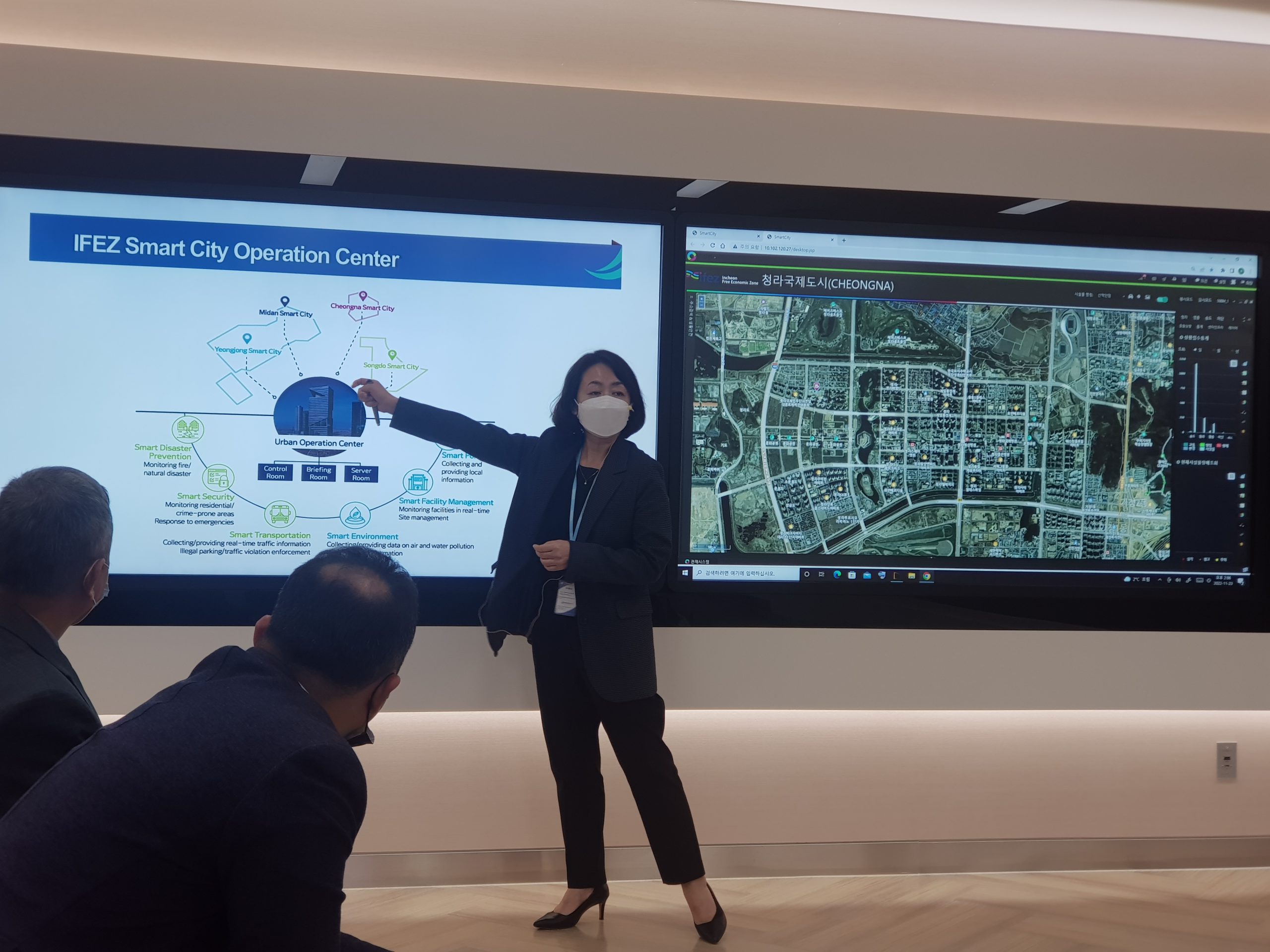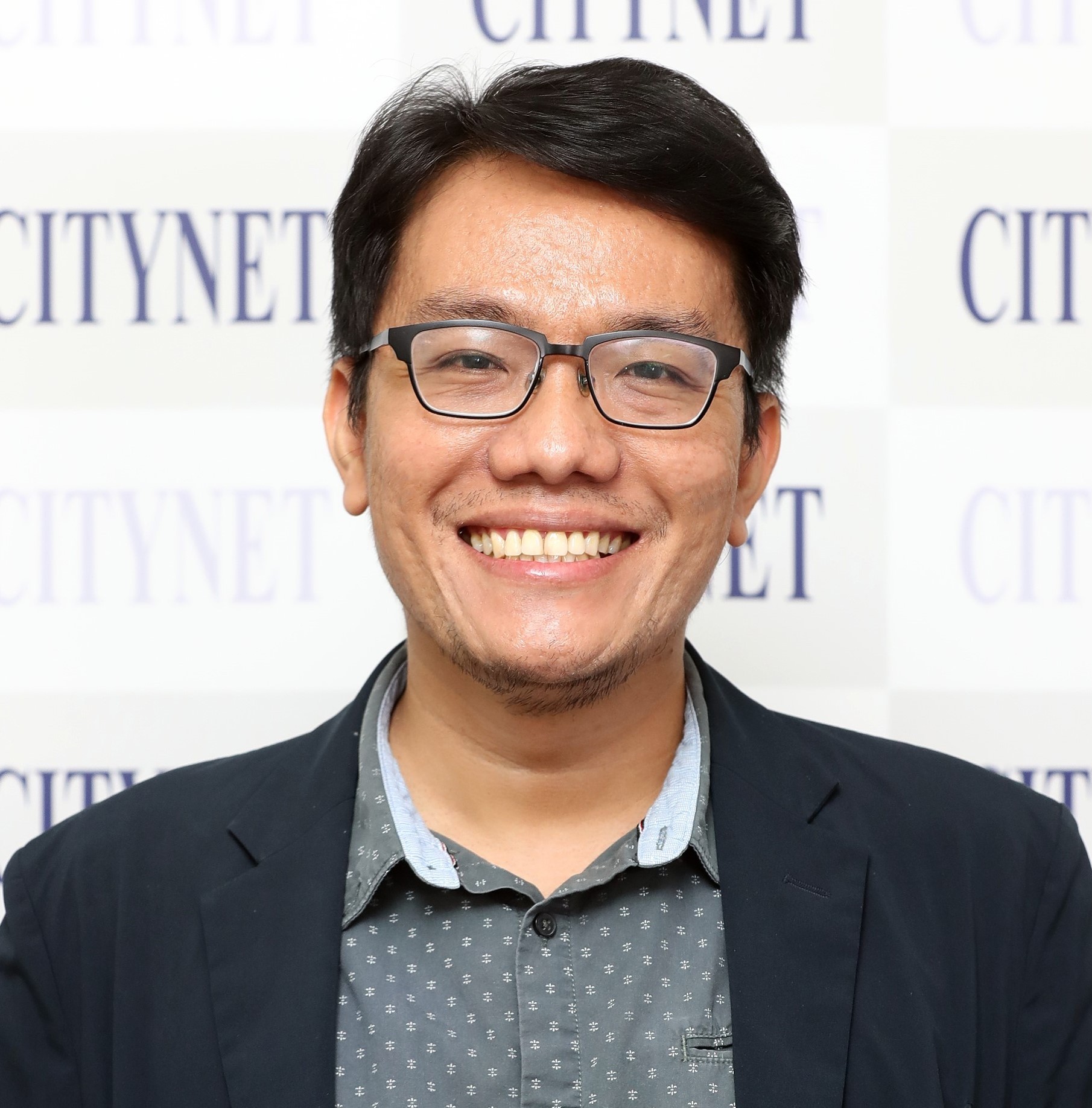
The region Asia and the Pacific is not on track on the SDG progress as this has been exacerbated by the impact of COVID and current global inflation, according to a recent UNESCAP Asia and the Pacific SDG progress report 2022. With only eight years to 2030, governments need to redouble efforts to promote government innovation and strengthen multi stakeholders’ action. This is the highlight of the Governance and Digital Transformation for Accelerating Global Challenges on November 22-24, 2022 in Incheon, South Korea,
The three-day international meeting with experts and government leaders presented regional progress, gaps, and challenges of SDG implementation in the Asia Pacific and discussed ways to speed up SDG actions through the use of digital technology. It also featured site visits to Incheon Free Economic Zone Smart City Operation Center and Incheon Start Up Park on the last day.
The trend is a continuing improvement of government using digital technology, as different speakers highlighted best practices. In Malaysia, a Digital Nomad Department was developed to provide an enabling environment and incentivize digital nomads who are located in its major cities. Moreover, Republic of Korea is already digitalizing its national ID and incorporating public services and providing further digital security at the same time.
The idea of digital technology to supporting to improve disaster and climate resilience is not new however governments are maximizing ways to generate revenue from it. For example, in San Jose, California, the government is charging 5G poles and put its revenue to digital inclusion fund to support grants to non-profits and city organizations that are interested to develop programs on internet access, digital literacy and innovation pilots.
In the conference, CityNet supports the efforts of members to speed up SDG local action. It also underscored the value of monitoring and evaluation as key activities to measure performance. There have been efforts made by select governments and United Nation agencies to keep track of the SDG goals like the Voluntary National Reviews. CityNet is promoting its Urban SDG Knowledge Platform and helps its members to help analyze to replicate local solutions.


Paulie Mora is a Deputy-Director of Programs at CityNet, primarily responsible for capacity building and cluster activities. Prior to working in CityNet, Paulie spent ten years working in a national local government association based in Manila, Philippines. He has held various supervisory positions in both regular and foreign-assisted programs and projects that focused on urban development. He graduated with a journalism degree at the University of Santo Tomas. Paulie has a professional background in development communications, public advocacy, local governance, and urban sociology.

